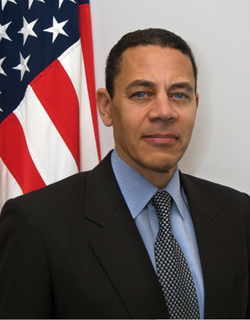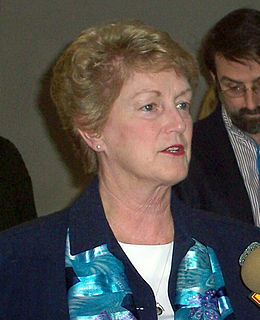A Quote by Peter Singer
Today, if you have an Internet connection, you have at your fingertips an amount of information previously available only to those with access to the world's greatest libraries - indeed, in most respects what is available through the Internet dwarfs those libraries, and it is incomparably easier to find what you need.
Related Quotes
We like to say the Internet is the ultimate library. But libraries are libraries because people come together and fund them through taxes. Libraries actually exist, all over the country, so why is it such a reach to imagine and to someday build a public institution that has a digital aspect to it? Of course the problem is that libraries and other public services are being defunded and are under attack, so there's a bigger progressive struggle this plays into.
When the function of libraries is put in terms of their contributions to the community, people see their centrality. The challenge to us is to continue to help them see it in those terms to describe our larger purposes. We must assert that libraries are central to the quality of life in our society; that libraries have a direct role in preserving democratic freedoms. Free access to information and the opportunity of every individual to improve his or her mind, employment prospects, and lifestyle are fundamental rights in our society.
Today in America many people are living in a virtual world. They enter it through an internet access device and they navigate freely around it, and those people who learn how to navigate better in that space are finding that they have better access to information about jobs and education and all the good things that our society produces.
When I was 14, I spent a huge amount of time on the Internet, but not the Internet we know today. It was 1994, so while the World Wide Web existed, it wasn't generally accessible. Prodigy and CompuServe were popular, and AOL was on the rise, but I didn't have access to the web, and no one I knew had access to the web.
For the mind and the imagination, bookstores aren't enough, college courses aren't enough, the Internet isn't enough. Those resources are all governed by the tastes and needs of the moment. Only libraries take the long view, quietly shelving the unused with the used, knowing that one of these days the two categories will be reversed by a student's discovery of those hitherto undisturbed volumes whose contents will unsettle the learned world.








































